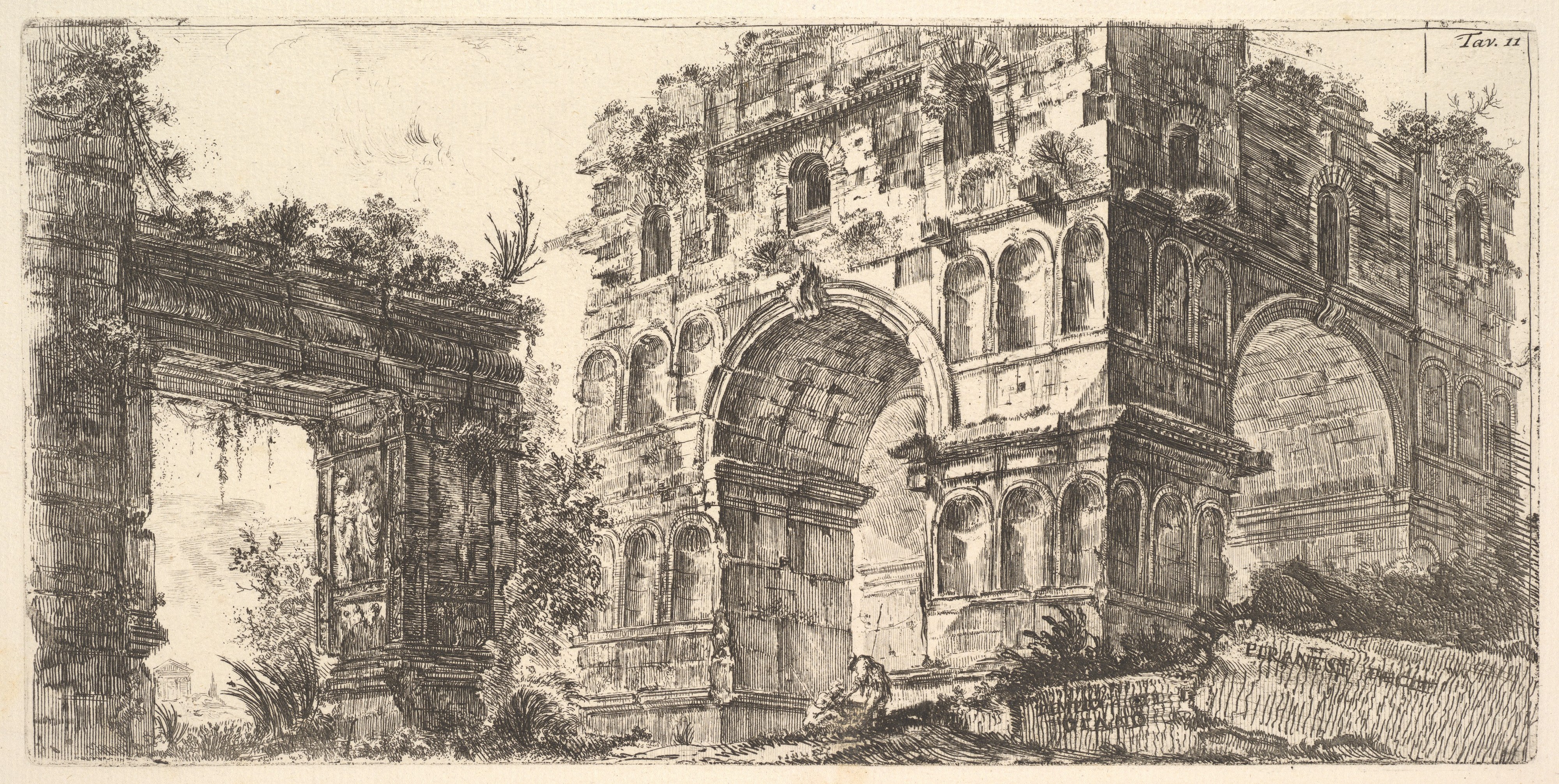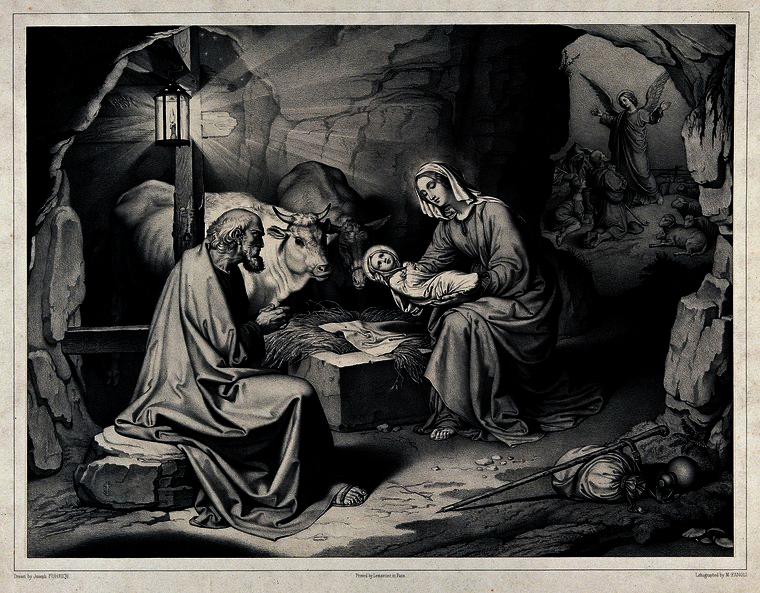Room for the King?

“…it came to pass in those days, that there went out a decree from Caesar Augustus, that all the world should be [enrolled in a census]…And all went to be [enrolled], everyone to his own city.”
Luke 2:1,3
“Those days” refers to the time when the Roman Empire came to power. We need to understand the true nature of the background of what “came to pass in those days…” Several generals ruled Rome in the beginning, but over the years the power came to rest in just one man. At the time of this story, Gaius Octavius had risen to power and taken control of Rome. His uncle, Julius Caesar, had adopted him, and he took the name “Caesar” from this relationship. The Roman Senate proposed adding the name ‘Augustus’ when he became ruler of Rome. This name was used concerning the Roman gods, and Gaius decided to take it as his own. So he was called “Caesar Augustus,” the one who became the most powerful man on earth at that time.
It may seem strange that a royal edict issued from Rome would have an important influence on the place of birth of Mary’s child. But in God’s judgment, the whole Roman Empire was not important, compared to His Son, Jesus Christ
Now notice what was witnessed generations later, which was spiritually significant concerning the presence of Satan’s representative, the serpent, back in the Garden of Eden. Those in the company of Satan identified with his evil personality. They would nab certain individuals and force them to work as his instruments. Satan wanted to give his power to the ruler in Rome. So he deliberately took control spiritually of the main characters here, including Caesar Augustus. Rome had overcome by using a great deal of cruel and savage power to rearrange the world and make it submit. Now Augustus had risen in his position until he was powerful enough to issue a decree that the whole known world of that time had to bow to Rome.
It may seem strange that a royal edict issued from Rome would have an important influence on the place of birth of Mary’s child. But in God’s judgment, the whole Roman Empire was not important, compared to His Son, Jesus Christ. And the same is true today. The power and dominion of the world’s mightiest rulers are not as significant to the plan of God as much as the well-being of even the least of His people is concerned.

Rome had a temple dedicated to Janus, the god of war. Its gates would be opened at times so the people could come into the temple to pray for the victory of the troops away at war. For sixteen years straight, the gates remained closed because there was no war was going on. But they only had peace because Rome had enslaved the world while Rome was ruled by one man! And it was during these years of peace that “The Prince of Peace,” Jesus Christ, was born. In fact, no wars were going on anywhere in the world the whole time that Jesus walked the earth.
Bible prophecy said the Messiah must be born in Bethlehem, but Mary was in Nazareth. So God put it in the heart of Augustus that everyone must return to the city where he or she was born to be enrolled for a census. God chose this way to bring Mary and Joseph to Bethlehem on time, so His Word would not fail.
“Joseph also went up from Galilee, out of the city of Nazareth, into Judaea, unto the city of David, which is called Bethlehem; (because he was of the house and lineage of David:) to be [enrolled] with Mary his espoused wife, being great with child.”
Luke 2:4-5
Here we find Joseph and Mary forced to go to Bethlehem when she was almost ready to give birth, since both were from the house of David. Travel was quite difficult in those days, and even more so in advanced pregnancy, but the decree had to be obeyed. Here we see the whole world being motivated by God so that one prophecy of the Old Testament could be fulfilled on time—Christ being born in little Bethlehem of Judea. But no one was watching for Him there. Joseph and Mary were next in the royal line of the house of David, but no trumpets announced their arrival. No one welcomed Him or His parents.
“And…while they were there, the days were accomplished that she should be delivered. And she brought forth her firstborn son, and wrapped Him in swaddling clothes, and laid Him in a manger; because there was no room for them in the inn.”
Luke 2:6-7
“They were there”—in Bethlehem, where King David was born and raised. But they were too poor to stay in a palace, or even an inn! Up to this time, Mary had been living in the wrong place for the Messiah to be born. If she had stayed at Nazareth just a little longer, the prophecy would have failed to be fulfilled. But without any deliberate intent on her part to fulfill the prophecy, and much less on the part of Augustus, she was brought from Nazareth to Bethlehem at that very time her baby was to be born. “This is the Lord’s doing; it is marvelous in our eyes” (Psalm 118:23).
But if Jesus’ parents had been rich, room would have been made for them. What a picture of the state of the world, where there is no room for God.
There was “no room for them in the inn.” Hundreds of people crowded into Bethlehem at that time. The wealthy made reservations ahead of time to get good places to stay. Little attention would have been given to a poor carpenter with a wife about to give birth. But if Jesus’ parents had been rich, room would have been made for them. What a picture of the state of the world, where there is no room for God.

If there had been compassion among the people of the world, they would not have turned away a woman in childbirth. But God arranged a place for her—in a stable! Jesus was not born in a wooden barn, but in a cave cut in limestone—unlike a stable of today. Here we find the newborn King of Israel, wrapped in swaddling clothes, and laid in a manger where cattle would normally be fed.
The world finds a place in the inn. The Son of God finds none. There is no room for God and what is of Him in this world. His perfect love brought Him down to an earth that would only treat Him with contempt.
The Son of God Himself came to Earth to be born as a man, yet when His parents arrived in Bethlehem, there was no room for Him. Throughout His whole time on Earth, there was no room for Him. And even today, in the lives of many people, there is still no room for Him. The coming of their Maker to be their Savior had been prophesied in every detail. Angels announced it, yet it was neither noticed nor known when He came! The world finds a place in the inn. The Son of God finds none. There is no room for God and what is of Him in this world. His perfect love brought Him down to an earth that would only treat Him with contempt. The King of glory, the Prince of Peace, began His life in a manger, and His life ended on a cross. During the years in-between, He had nowhere to lay His head. As I close this little story, I want to ask you a simple question: “Do you have room in your own heart and soul for Him? Will you welcome the Prince of Peace into your life?”
For more information on how to receive Jesus into your heart and to know the way to God please visit our section on The Way to God.
[Image credits: Featured image (when available) James Tissot/Brooklyn Museum/public domain; Simon de Vos/public domain; Giovanni Battista Paranesi/Metropolitan Museum of Art/public domain; Michele Fanoli; Josef von Führich/Wellcome Collection (CC BY 4.0)]




